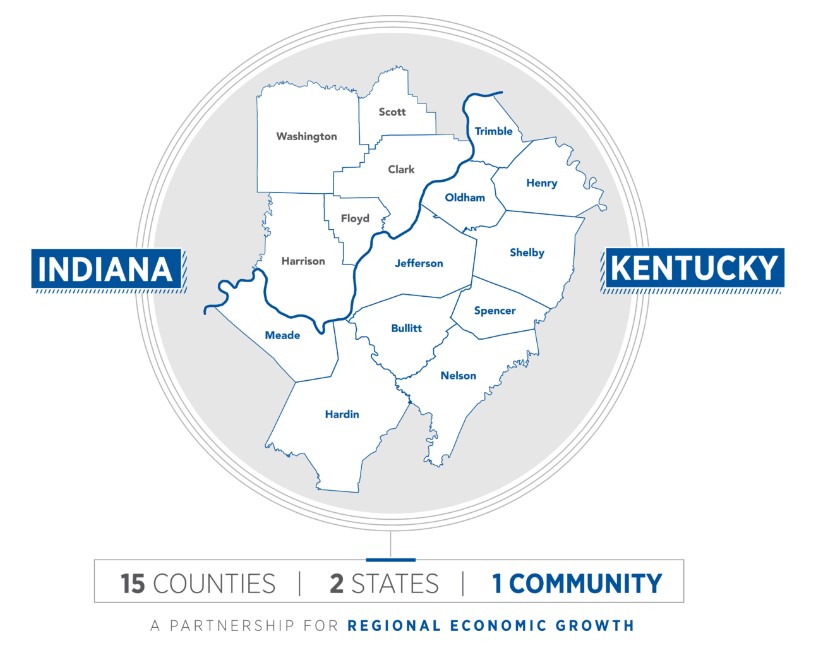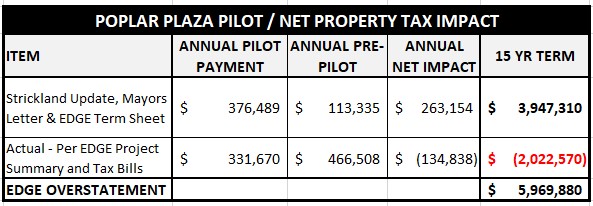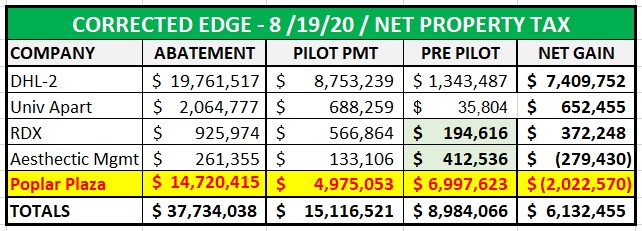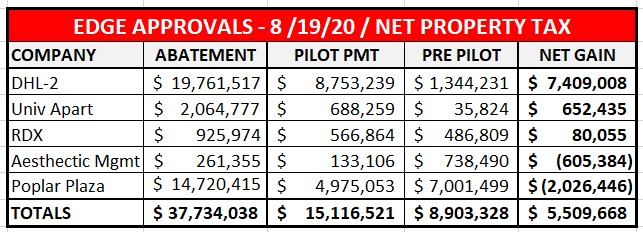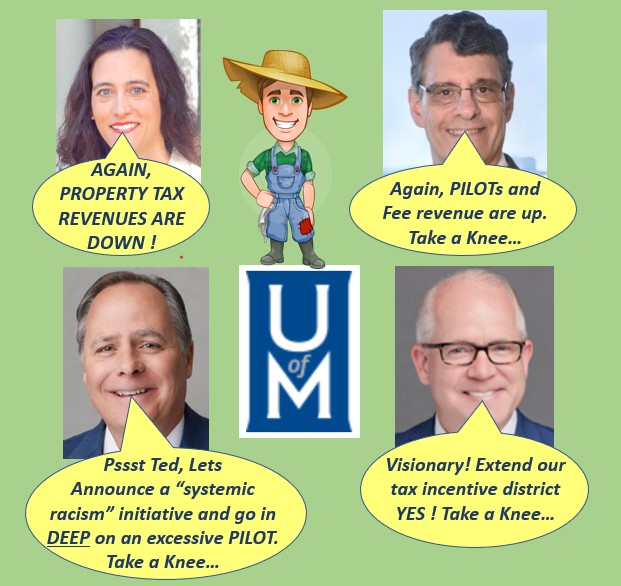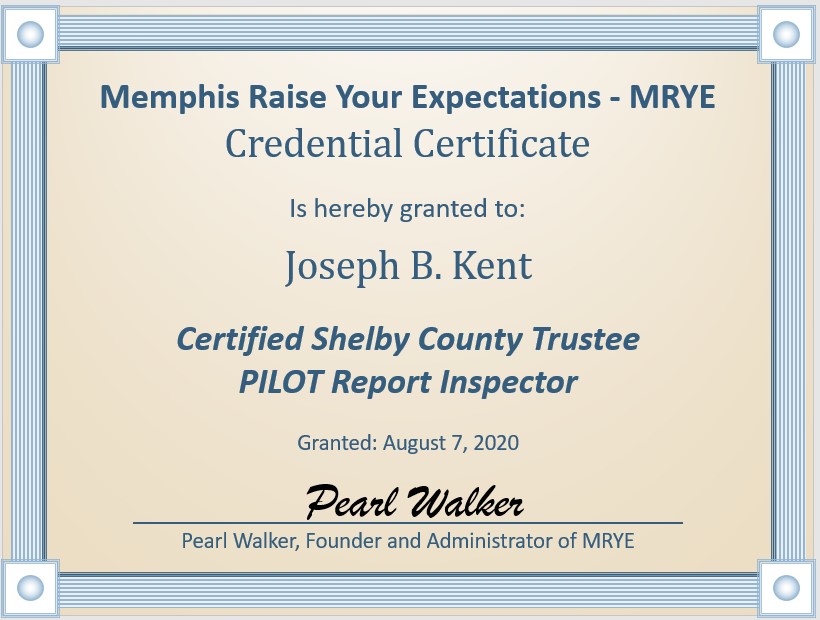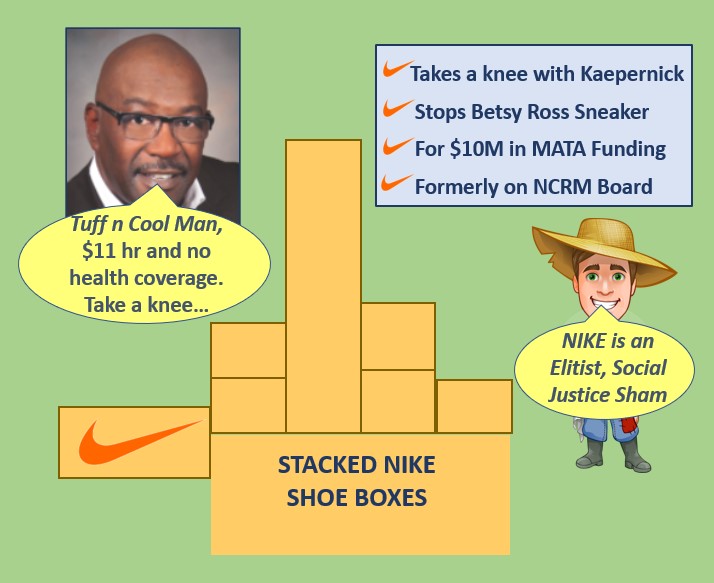Councilman Chase Carlisle and Caissa Public Strategy’s Brian Stephens are supporting, yet another, old hat elitist public-private initiative and tactic in distraction. While requiring a complex referendum, the distraction is, wasted time spent, discussing the marginal benefits that might come, with the unlikely consolidation of City/County government.
Meanwhile, local economic development efforts, that could be legislatively addressed today, are in disarray, while being functionally redundant and inefficient, costing taxpayers millions.
More interesting, is what this public-private effort does not advocate for in 1) consolidating and better measurement of economic development, 2) right sizing excessive corporate/real estate incentives to confront the structural revenue problem occurring on the back of a majority Black community in need and 3) MWBE / PILOT compliance.
Don’t kid yourself. Memphis problems are a product of an archaic elitist design for decline, carried out by a racially diverse and unmeasured public-private complex, that feeds on the taxpayer, in a majority Black Memphis community in need.
And if that is not enough, the data on the benefits of governmental consolidation is inconclusive, with more unconsolidated than consolidated cities, outperforming Memphis/Shelby County in total wage growth. Maybe consolidated government is best, but it should not delay addressing improvement opportunities within legislative reach today.
So, why not get real and focus on consolidating the local economic development function ?
First Things First – County then Regional
Louisville, a similar border, river and logistics hub city to Memphis, leverages a regional interstate collaborative, to achieve above peer average economic development outcomes. For example, per BLS data expressed in thousands, Louisville/Jefferson County, from 2010-18, achieved above average 40% total wage growth, compared to the below average, Shelby County at 26%.
Had Shelby County achieved Jefferson County’s 40% total wage growth, for the same 2010-18 period, that would have translated into $2.7B more in annual wages and $81M in recurring local tax revenues. Or, over the 8 yr period, cumulatively, approximately $10.8B more in total wages and $325M more in total local tax revenue would have resulted.
But here is the problem. Before any interstate regional approach, Shelby County must consolidate the local economic development effort. Shelby County municipals, outside Memphis, remain unrepresented on the Shelby County Regional Alliance. What is that all about?!?!
And per the Shelby County Trustee website, there are 9 abating boards, performing the largely redundant function of abating taxes. The former occurs as EDGE and the Downtown Memphis Commission, have over $50M in cash reserves on their balance sheet, with only $17M in annual operating costs. C’mon Man ! With the former in mind, County economic development consolidation is paramount.
County Economic Development Functional Consolidation
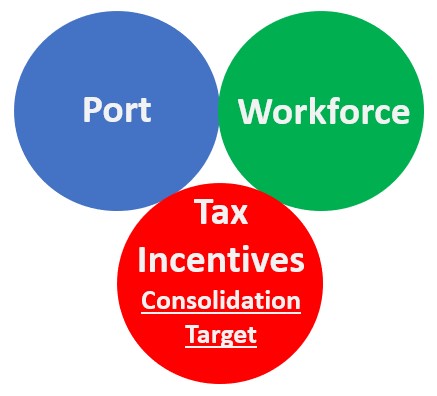
Having the municipals represented on the Shelby Regional Economic Alliance, would seem to be a common sense slam dunk. And with the Port and workforce as distinct economic development functions from incentives, consolidation of the tax incentive function, is common sense too.
Besides, with 9 abating boards, in the present unconsolidated state, taxpayers and public officials cannot easily measure or see what is going on with tax incentives. The lack of legislative curiosity, investigative press and public university thought leadership, further compound the problem. This reality leaves the Memphis taxpaying, majority Black community in need, holding the bag with over $100M in annual corporate/real estate incentives.
At the same time, from an administrative staff perspective, the redundant tax abatement function can be easily consolidated, to serve multiple boards, with centralized web based administration, to facilitate public oversight, research based incentive sizing, compliance and measurement.
In this model, some abating board staff, can be reallocated to compliance monitoring. With multiple reports of non-compliance, PILOT compliance monitoring is needed to fill the gap. To this extent, relying on corporate self reporting, EDGE, for example, has not conducted compliance audits since 2014. More onsite compliance monitors would address this gap.
Further, abating board incentive fee structures need to be aligned with economic development and public revenue needs. Economic development is most commonly defined around increasing wages. Currently, EDGE is financially incented on maximizing corporate/real estate abatement awards and Downtown Memphis Commission is incented to offer more than 10 year abatement terms. These fee structures are unrelated to increasing wages or public revenue needs.
And finally, while new abating Board appointments are desperately needed, beyond staff, some Memphis/Shelby Boards such as EDGE, Downtown Memphis Commission and Health, Education and Housing Facility Boards, may be ripe for consolidation as well. With fewer meetings, public officials could more easily participate on abating boards, ideally through voting participation.
Conclusion – Get Real
The current functionally redundant, inefficient and confusing economic development system is a design for decline. The confusion contributes to enabling a culture of corporate elitism while transferring wealth from a community in need to those who need it least.
And without a plan, the current local system is unaligned to real economic development measures which would precede more optimal and collaborative regional economic development efforts.
Carlisle and Stephens should get real and focus on consolidating and aligning Shelby County economic development efforts with an eye on regionalism. As far as the elitist and wishful distraction of consolidating local government, if it were to occur, it alone would be much more difficult and much less prosperous than consolidating economic development….


